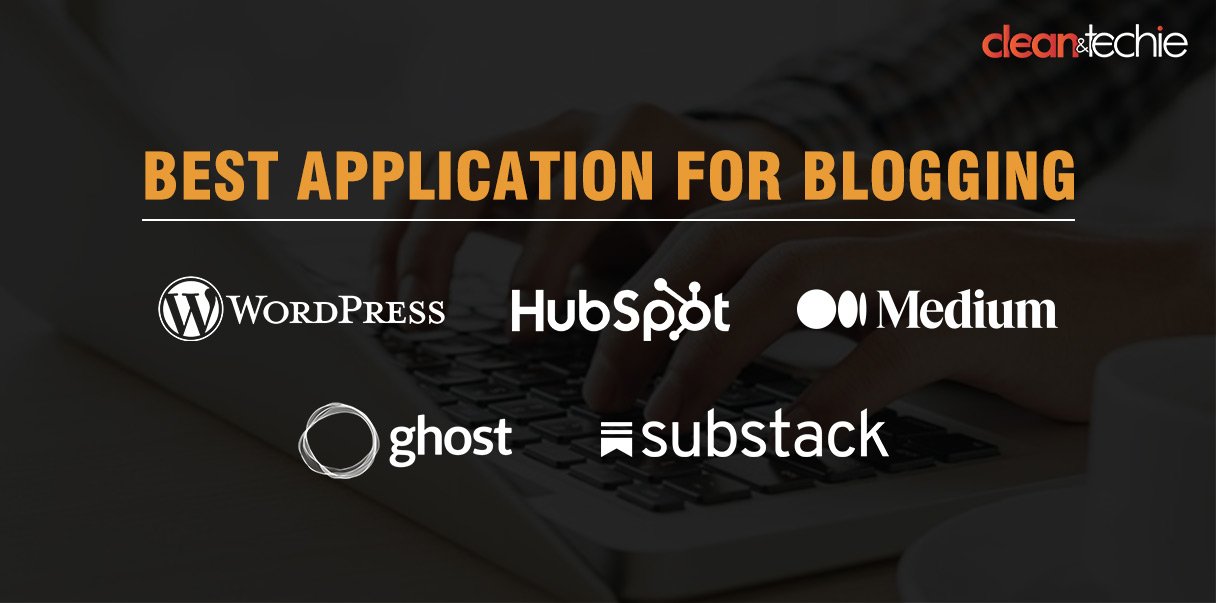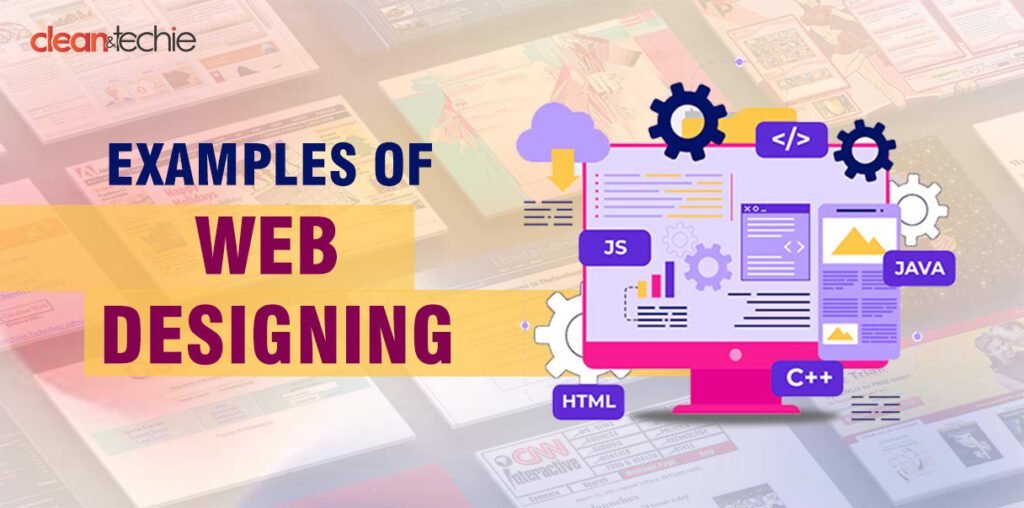As we go further into 2025, blogging is still evolving and picking the best platform to stand on peaks even higher. Regardless of your experience level as a blogger, platform user, or consumer, the platform you select will play a huge role in how effective your blog is, how much audience engagement you can gain, and also the potential revenue stream.
With so many platforms out there, it can be daunting to figure out which one is right for the specific needs of your ever-evolving goals. You could be using the platform for personal reflection, your own business or to make money on your content.
The Importance of Thorough Research Before Choosing a Blogging Platform
Choosing the right application for blogging requires deep research because the platform you select directly impacts your blog’s success. All of the blogging platforms come with different features, tools, and capabilities depending on the purpose, i.e., for self-expression, sophistication, or money.
You never want the wrong platform to be picked simply by not doing the requisite research, as this will set constraints for audience engagement or income generation and hence limitations on search engine visibility. Also, it is a dynamic field, as blogs change all the time, with new tools, updates, and technologies flowing in almost regularly.
A thorough examination of what is available helps ensure you don’t just settle on an immediate solution (one that fits today’s needs) but a solution that is capable of scaling with you into the future.
For example, one platform may provide very user-friendly templates but no advanced SEO or monetization tools (or vice versa), and another may give more room to customization but at the cost of a huge set of new things to learn. Without extensive study, you might miss key things that determine your blog’s performance and security, such as mobile optimization, security, and customer support.
Let’s dive into the key factors to consider before choosing the right application for blogging
1. Establish what you are trying to achieve with your Blog
It’s important to know what you want out of an app for blogging before selecting an application for blogging. You are probably blogging for fun, business, or money. The different platforms are for different purposes:
- Personal Blogging: Medium, BlogsPress, and/or WordPress.com can be suitable for casual writers.
- Business and Brand Blogs: WordPress, HubSpot, and Ghost are extremely customizable and have marketing tools packed inside.
- Monetization-Oriented Blogging: WordPress.org to Substack and Patreon-integrated platforms make you make more money
- Microblogging & Social Blogging: Tumblr, Twitter(X), and LinkedIn are great for long-form content oriented to micro-moments.
2. Ease of Use and user experience
New to blogging? You need a clean interface. Some platforms come with drag-and-drop editors, and then there are others where you need to get technical.
- Beginner-friendly options: WordPress.com, Medium, and Wix — all of them are meant for simple-to-use homepages and templates that are beginner-friendly
- Advanced Customization: WordPress.org and Ghost (the latter open-source) allow more customization both in terms of design and features, but they might be coded things.
3. SEO Features for Better Visibility
SEO (search engine optimization) is essential to extend the reach of your blog! The proper application for blogging should have in-built SEO or get integrated plugins from its users.
- Best for SEO: WordPress.org (Yoast SEO, Rank Math), Ghost (built-in SEO) and Squarespace (structured data) are best in terms of SEO integration.
- Minimum but effective SEO Features: Blogger and Medium platforms have enough basic SEO features for good SEO functionalities
4. Personalisation & Flexible Design
Your blog design is part of your branding! The platforms differ in what you can customize and they provide different templates as well.
- Highly customizable: WordPress.org (thousands of themes and plugins), Squarespace (sleek, modern templates), and Wix (drag-and-drop flexibility) provide you with the best functionality.
- Minimal Customization: Medium and Blogger have bare bones but emphasize readability and simplicity, thus making it very easy to use and operate.
5. Monetization Opportunities
If you plan to earn from your blog, it’s essential to choose a platform that supports multiple monetization options.
- Best for Ads and Affiliate Marketing: WordPress.org offers integration with Google AdSense, affiliate marketing, and sponsored emails, making it ideal for generating income.
- Subscription-Based Monetization: Platforms like Substack and Patreon allow creators to earn by offering exclusive content to subscribers, ensuring a steady income stream.
- Medium Partner Program: Medium rewards writers through its Partner Program, which pays based on readership and engagement, making it a great choice for those focused on content quality and audience interaction.
6. On-the-Go Blogging with Mobile Optimization
In today’s fast-paced world, many bloggers prefer working on the go, making mobile optimization a crucial factor. It’s important to ensure that the platform you choose offers a seamless mobile experience.
- Best Mobile-Friendly Platforms: The WordPress mobile app, Blogger, and Tumblr stand out with intuitive, user-friendly interfaces, allowing you to manage and publish your content effortlessly from any device.
- Limited Mobile Editing: While platforms like Ghost offer some mobile functionality, they may lack the full mobile optimization needed for a smooth editing and publishing experience.
7. Security & Customer Support
Security is key to protecting the data of your content and audience. Prefer platforms that are backed by strong security and good customer support.
- Highly Secure Options: WordPress.org (with SSL and security plugins), Ghost (SSL encryption), or Squarespace (automatic security updates)
- Reliable Customer Support: Wix and Squarespace are available for 24/7 support, while WordPress.org depends on community forums and third-party hosting support.
8. Cost and Scalability
Even for free blogging, there are restrictions on storage; you can’t customize and cannot monetize the blogging applications. Consider the total cost of ownership before you get started
- Free Platforms: Blogger, Medium, and WordPress.com (basic version) offer free plans with limited features.
- More affordable Premium Plans: Ghost, Wix, and Squarespace offer flexible pricing models.
- Scalable Solutions: WordPress, despite the hosting and domain costs WordPress.org is the only scalable solution with unlimited customization for growth.
Quick recap points to consider before choosing the right application for blogging
1. Blog Goals: Choose based on reason—for fun, business, or monetization.
2. Ease of use: Pick platforms according to your technological proficiency.
3. SEO Features: Choose platforms that come with SEO built-in functionality.
4. Mobile Optimization: Personalisation & Design — only go for flexible, designer-friendly platforms
5. Monetization: Make sure the platform has possible monetization (ads, affiliates or subscriptions)
6. Mobile Support: Best Practice of a Platform being mobile-friendly (as always it is easier to access from your phone)
7. Security & Support: Pick platforms with security and support backup.
8. Cost Vs. Scalability: Compare Free vs Paid options and future scalability
Final Thoughts
Opting for the best application for blogging in 2025 will depend on your objectives as a blogger, technical capabilities, and plans for the future.
If this is for a less complex and easy platform, Medium or Wix might be best suited for you. WordPress.org is for getting the most out of personalization, SEO, and monetization, I think if you need it though. There is a blog application that fits your track, no matter what your needs are!
If you write blog posts, what does your “go-to” blogging platform do? Tell us your story in the comments!
Also Read: Digital Arrest Scam in India: How to Recognize & Protect Yourself




